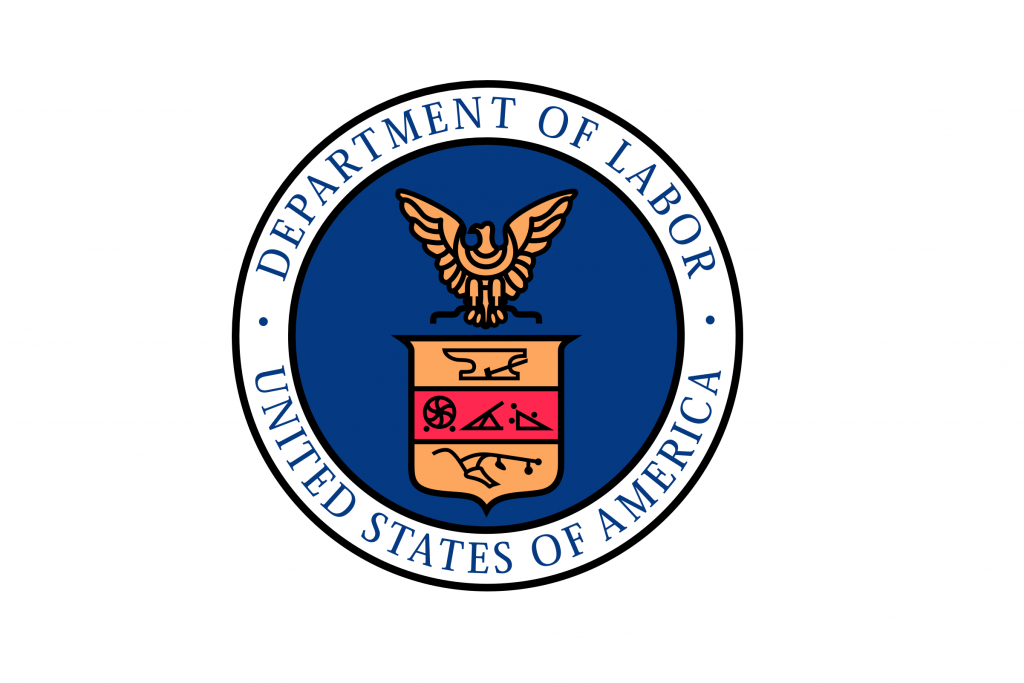Wage and Hour Division Guidance on Retaliation: What Employers Need to Know

Employers! Be on the lookout for a recently published Field Assistance Bulletin (FAB) written by the Wage and Hour Division (WHD) of the United States Department of Labor (DOL) concerning prohibited retaliation under federal law.
A FAB provides guidance in response to questions brought by those it addresses -in this case, questions brought by employers about retaliation under federal awl. This guidance is important for employers to better understand what retaliation is and how to avoid it, and costly litigation that can come with such a claim.
You may be wondering, what is prohibited retaliation? Generally, it is when an employer takes an adverse action against an employee for engaging in a protected activity. An adverse action is any action that can discourage an employee from engaging in protected activity. This can either be done overtly, such as by terminating an employee or threatening termination, or subtly, such as through a reduction in work hours. A protected activity involves concerns raised or requests made internally or externally by an employee. Examples include making a complaint to a manager or supervisor, cooperating with a WHD investigation, or even requesting payment of wages.
To give you a better idea, here are specific examples of prohibited retaliation under the FLSA and FMLA:
FLSA:
Example: Timothy calls WHD to ask about overtime pay. When the employer overhears other staff members discussing Timothy’s call, the employer fires Timothy.
Discussion: Here, terminating Nelson for contacting (or suspecting Nelson of contacting) the WHD constitute prohibited retaliation, potentially triggering a WHD investigation.
FMLA:
Example: Heather uses three days of approved FMLA leave to care for her daughter as she recovers from surgery. Heather then receives negative attendance points upon her return to work, per the employer’s no-fault attendance policy, which allocates negative attendance points for each day an employee is absent, irrespective of the reason for the absence. Employees who accrue a threshold number of points are automatically disciplined.
Discussion: Because FMLA leave may not be counted under a no-fault attendance policy, the negative attendance points for the days Heather took FMLA leave would be removed from her employment record.
If you are an employer, it is essential for you to understand exactly what prohibited retaliation is, what protected activities employees are entitled to, and what actions may be considered adverse. Most importantly, always seek legal counsel when presented with a retaliation claim.
For more information on the FAB guidance, or any other employment or labor law matter, please contact the attorneys at The Royal Law Firm LLP; (413) 586-2288. We know business matters!







